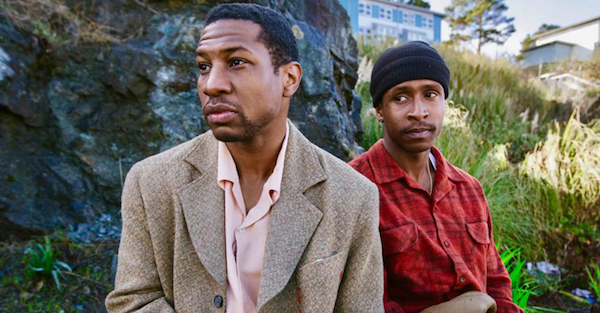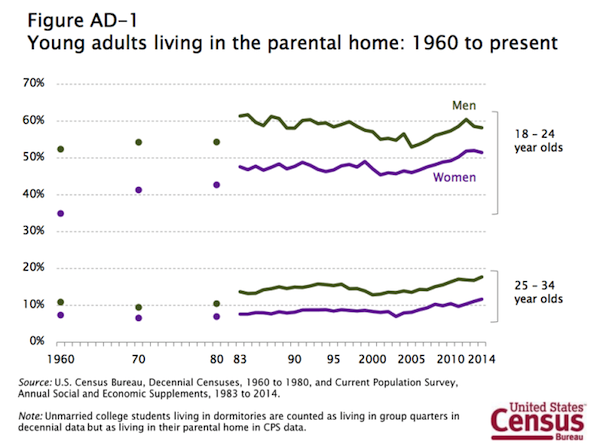Review: The Last Black Man in San Francisco – When do you earn the right to call a place home?

TLBMiSF earned a lot of credit in its slightly off-kilter but beautifully framed opening scene, combining flavors of both Spike Lee and Barry Jenkins right out of the gate. It continued on, just strange enough to feel like a dream, gorgeous enough to look like a painting; but that level of abstraction can also put you at a slight distance. Is this literal, or metaphor? Are these characters and their challenges meant to be related to directly, or are they meant to represent the ways in which we’re victim to much larger forces — the ones driving people out of their cities and homes, and away from their sense of history and self?
Thanks to heartfelt performances from the two leads, the answer ends up not mattering so much, because the film accomplishes both. Home is a place. Home is a feeling. Home is people that matter. We find a way to hold on to what we can, or to take with us the things we can carry from one place to wherever we find ourselves next.
Crucially, the film isn’t purely us-vs-them. The detail that the three-generation black family of San Franciscans were only able to buy a house in the city when the Asian families that came before them were forced out should not be overlooked. The home Jimmy fights to preserve from a new wave of invading residents was once someone else’s too. We only ever rent our right to call a place home, in the larger sense. All of America is that way. For almost everyone, none of us were first.
This idea left the biggest emotional impression on me, walking out of the film. I have never lived anywhere for even twenty years. I’ve never had, and may never have, that kind of history with a block, or neighborhood, or town. Am I going to lead a poorer life for that? Will everywhere I ever live be the result of pushing out someone who does have that, diminishing the overall level of rootedness in any city I call home? Should I rearrange my priorities to achieve that? Or is it mostly nostalgia and revisionist history to prize a place so highly? Can we only hold on to a sense of home if we also refuse to move on, move out, and move forward?
More practically speaking, when does a place become home?
When do you earn the right to call a city or neighborhood yours, if you weren’t born there?
If it’s not just a matter of time, what do you have to do to earn that?


